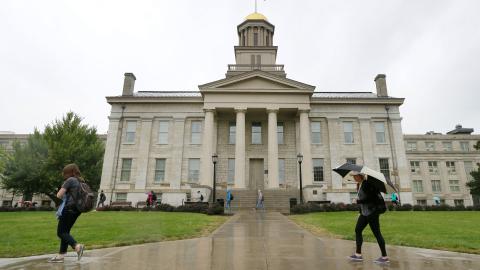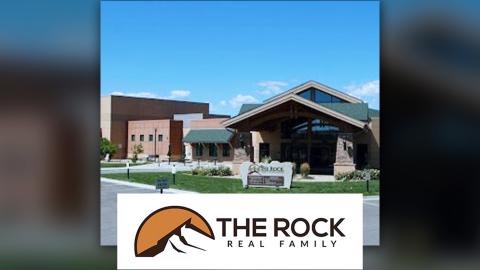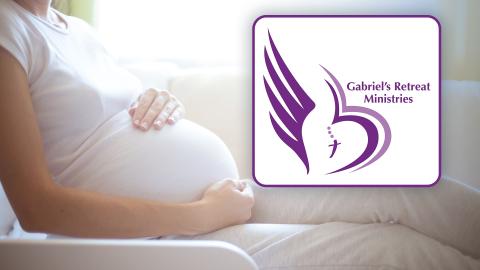
Discrimination Showdown: University of Iowa Boots Christian Club from Campus
A University of Iowa Christian business club is suing the school after it kicked the club off campus for rules that require student leaders to uphold its beliefs.
Business Leaders in Christ (BLinC) says the university is asking it to amend its statement of faith and submit an "acceptable" plan for selecting its leaders.
In a complaint filed in the U.S. District Court for the Southern District of Iowa Eastern Division the student plaintiffs said "the university knows that what it is doing to BLinC is unfair, illegal and unconstitutional. It allows other student groups to define their own mission and limit both leadership and membership to those who embrace that mission."
"All we're asking is to be treated the same as everyone else," lead counsel Eric Baxter told CBN News. He noted that hundreds of other campus groups ranging from feminists to environmentalists are allowed to select leaders who support their beliefs.
A University of Iowa spokeswoman told CBN News that the school "respects the right of students, faculty and staff to practice the religion of their choice" but said that BLinC violated the university's Human Rights Policy and Iowa Civil Rights Act.
The case is yet another example of a Christian student organization at a state university, fighting to keep its status as a recognized student group. Many schools have non-discrimination policies that make it difficult for Christian groups that follow creeds or a defined statement of beliefs.
Robert Shibley, the executive director of the Foundation for Individual Rights in Education (FIRE), told CBN News that campus groups with defined beliefs have a "pretty big disadvantage." They are typically not coming to FIRE with complaints of their schools de-recognizing them and Shibley thinks many are either deciding to drop belief-based restrictions for leadership or choosing to go off-campus.
Greg Jao, director of external relations for InterVarsity Christian Fellowship/USA says seven or eight campuses across the country no longer officially recognize InterVarsity chapters because of their requirements for leaders. Jao says it's a significant challenge for those ministries. "You lose credibility in the eyes of faculty and other students" he told CBN News.
Jao thinks there's great potential for the de-recognition issue to escalate and cause more collegiate ministries to lose their campus access. "It would not take a lot for other universities to follow the University of Iowa," he said.
He also worries that hostility towards Christian groups on campuses is fostering perceptions about what's acceptable that will shape students for years to come. "It's a harbinger for ways that our society will engage with religious groups in the future," said Jao.
At the University of Iowa and other universities, recognized student organizations enjoy special privileges. At Iowa those privileges include access to campus meeting spaces and communication tools, student activity funds and the ability to recruit fellow students at school activity fairs.
The student plaintiffs at Iowa say the university is actually violating its own beliefs. Its Statement of Religious Diversity says the university "neither promotes any particular form of religion nor discriminates against students, staff or faculty based on the basis of their religious viewpoints."
The plaintiffs also argue that the University of Iowa is not consistently enforcing its Human Rights Policy which requires that membership in student organizations "be open to all students without regard to race, creed, color, religion, national origin, age, sex." Fraternities and sororities at the university do discriminate based on one or more of those categories.




